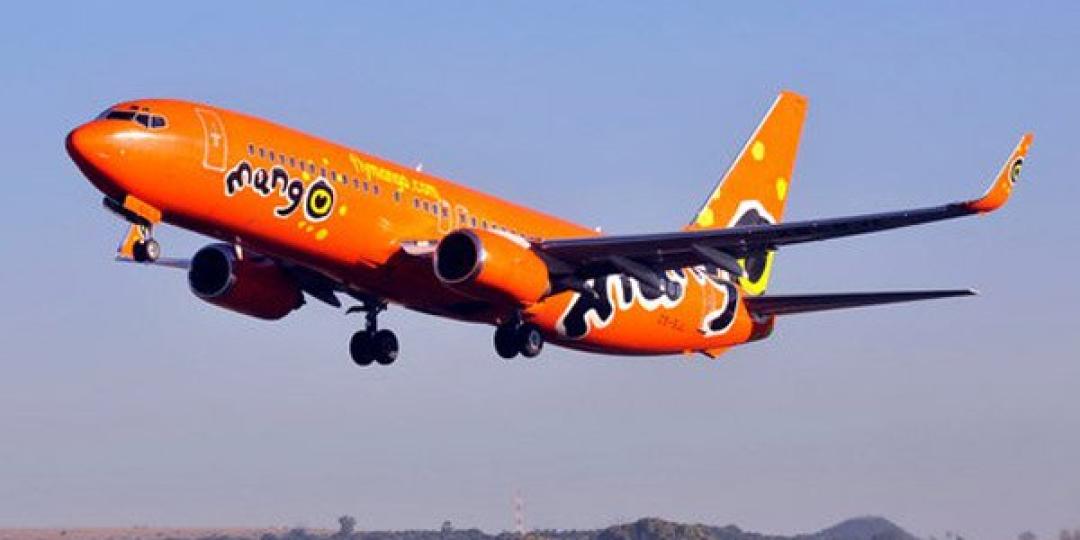When the news broke this morning that Mango would enter business rescue (announced by SAA’s Interim CEO, Thomas Kgokolo, early today, July 26), Mango’s employees were completely in the dark about the decision and how it would impact their jobs.
Following the announcement, Vimla Maistry, of SAA’s Media Relations Office, confirmed to Tourism Update that Mango would continue to operate flights as per its current schedules. Maistry also advised that further information about the move into business rescue would be announced by the airline soon.
Mango staff members told Tourism Update this morning they were completely in the dark about the move into business rescue. One senior manager told Tourism Update that no internal announcement had been made to employees. Staff members also confirmed that the R819m (€46.7m), which had been approved to bail out Mango under a Special Appropriations Act passed earlier this month, had not been paid across to the airline yet and staff salaries had still not been paid for June or July.
CEO of Asata, Otto de Vries, said rumours of Mango’s distressed financial situation had been circulating for a while, giving the travel trade some forewarning that business rescue was on the cards.
“Mango has been struggling financially for a number of months and has not been able to pay salaries since May. As such, the airline is legally required to move into business rescue to avoid trading recklessly,” said De Vries.
He added that he expected that the trade would be minimally affected by the news, as Mango had been limiting flight sales to a few days ahead of travel and that its Zanzibar route, which has traditionally been strongly supported by the trade, had been pulled back in April.
“The trade has not yet received any official communication about the move into business rescue and what this means for the bookings that are affected. We would like to receive more information about this soon and are hopeful that any clients with bookings that cannot be honoured by the airline will, at the very least, be offered refunds by Mango and its stakeholders,” said De Vries.
Last month the DPE announced that a due diligence process between the DPE and the Takatso Consortium (which had been selected as SAA’s new Strategic Equity Partner, and was to purchase 51% of the airline’s shares), was under way and that Mango, as a subsidiary of SAA, was being evaluated to see if there was a potential fit with the new partnership.
DA Scopa member, Alf Lees, told Tourism Update that he believed the announcement to move Mango into business rescue shortly after the airline had received a substantial bail-out, was indicative that SAA’s new equity partner did not have the appetite to take on Mango.
“The Takatso Consortium has been very clear that they do not want to take on any SOE legacy issues or liabilities. Even with an R819m bailout for Mango the airline will still have liabilities exceeding at least another R1.5bn (€XXX), which is not attractive for an SEP to take on,” explained Lees.
He speculated that he imagined that Mango would now meet a similar fate to SA Express. “The DPE can get rid of Mango’s liabilities in one of two ways – they can either apply for another bail-out for Mango or they can let the airline’s liabilities deal with themselves under business rescue, allowing the airline to eventually go into liquidation,” said Lees.
Asked if the R819m bailout would be channelled back to SAA’s business rescue funds if the government did not pay it across to Mango, Lees said since the passing of the Appropriation Bill, SAA had not had any further claim to these funds. “Should the government decide not to pay this money across to Mango it will be refunded to the National Revenue Fund, together with all the other budgeted funds that are not spent by the various ministries,” explained Lees.























